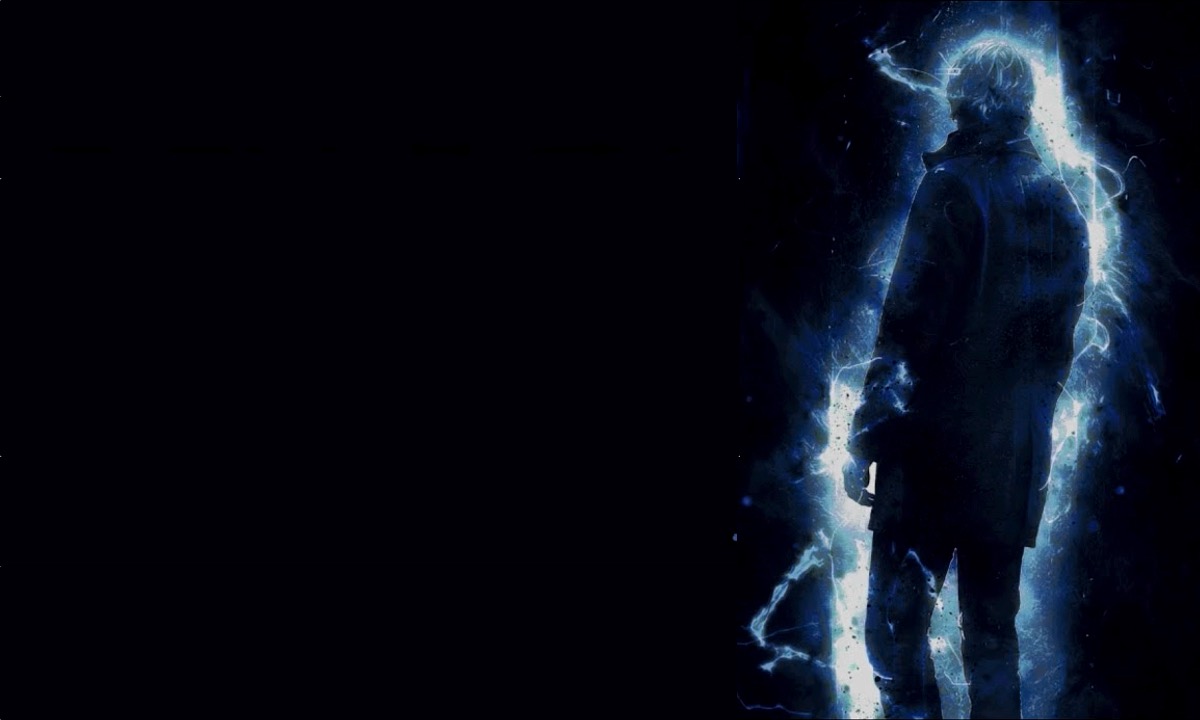Psiarch: Rising is Book 1 of a science-fiction series called The Psiarch Chronicles, a planned NA/A science-fiction trilogy. The series tells the tale of one Trajan Valence and his cast of supporting/antagonizing characters, with thriller, superhero, and action elements. Plainly put, it’s a slow burn, character- and plot-driven thriller/intrigue yarn with peaks of action.
The story is set in the 2070s on an alternate version of our Earth–for instance, the moon has a debris ring and the world is dominated by five politico-economic empires known as the Consolidates. This is also a world where the advent of ‘aptitude-enhanced humans,’ or alihumans, was predicted some three decades earlier by what came to be known as “Gardiner’s Genomic Extrapolations.” The main character, Trajan Valence, is a unique alihuman endowed with dual telekinetic and telepathic aptitudes; he is moreover better known for his life-saving deeds as the anonymous Samaritan called Psion. The human supremacist Umbra Domini organization, led by an enigmatic Overseer, and the alihuman supremacist Children of the Dawn terrorist movement, led by the mysterious telepath known as the Autarch, want Psion out of the picture. Finding himself in the crosshairs of these two opposing factions, and with the notorious Greys of the Secret Service of his Consolidate casting their probing attention on him, Trajan must confront his past and the worst of what he could become. In between, he will have to discover and embrace his true nature if he is to survive, let alone save all he holds dear.
At its heart, Psiarch: Rising (and The Psiarch Chronicles overall) is a story of individual self-discovery, growth, and acceptance whilst confronting personal challenges and perilous circumstances. Instead of going the way of the rehashed anti-hero trope with broken/despicable–if not villainous–characters propped up as “heroes” for doing the rare non-selfish act, Trajan’s tale delves into the question “are heroes born, raised, or made?” It must be emphasized, however, that I don’t engage in ‘hero deconstructivism’, something which I view as nothing more than a jaundiced academic exercise to excuse, or justify, human pettiness and grotesqueries; alternately to such ‘flawed heroes’ (as the euphemism goes), we are offered instead ‘heroes-exposed-as-villains’. In turn, all of this has demeaned the true meaning of ‘hero’, which is someone who leads not through words, boasts, swagger or fame, but simply by example through their decency and altruism. In other words: an honest role-model who, only by his behavior and deeds, gives us hope and inspires us to do better, to be better. And this is why true heroes are inherently viewed as ‘dangerous’ by those who envy them and feel diminished by their existence.
‘True hero’ stories are scarce nowadays, or so it seems; and that’s aside the fact I’ve long become bored and disinterested with said hero deconstructivism stories. Hence, why I humbly offer my own take on heroes in Psiarch:Rising—however much a ‘classic’ one it may come across to some.



